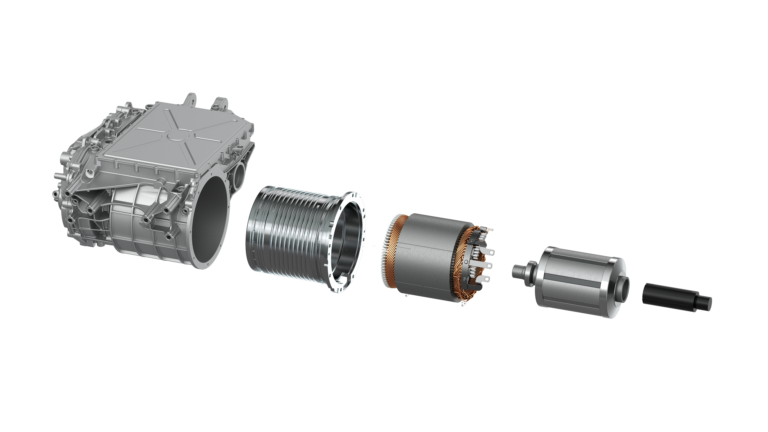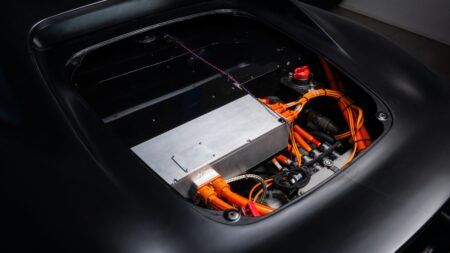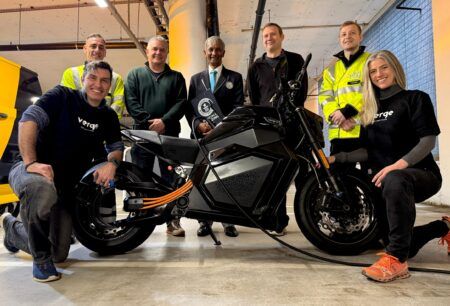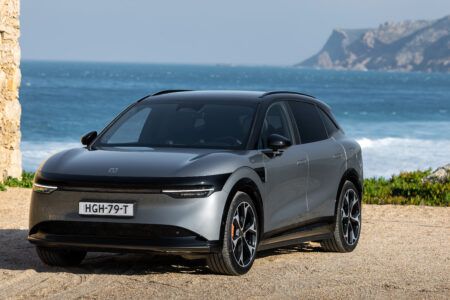Valeo and MAHLE have announced a joint venture to develop a new magnet-free electric axle system for upper segment EVs. The partnership aims to create a high-performance, efficient, and environmentally friendly alternative to permanent magnet electric motors.
The new system, called iBEE (inner Brushless Electrical Excitation), is designed for vehicles with peak power ranging from 220 kW to 350 kW. By combining Valeo’s expertise in electric motors, inverters, and motor control with MAHLE’s magnet-free rotor and Contactless Transmitter (MCT) technology, the companies hope to achieve significant improvements in performance and efficiency.
A key focus of the development is an innovative cooling concept to optimize the continuous-to-peak power ratio. The partners expect the carbon footprint of the new system to be reduced by more than 40% compared to equivalent permanent magnet electric motors.
“This partnership allows Valeo to complete its EESM portfolio towards upper segment and is key to support the evolution of the automotive industry towards more innovative sustainable solutions,” said Xavier Dupont, Valeo Power Division CEO.
The development builds on Valeo’s previous collaboration with a European OEM, which aimed to create a new generation of magnet-free electric motors with increased power density and reduced carbon footprint. According to Valeo, the initial project exceeded expectations in terms of power and efficiency.
MAHLE’s contribution includes its contactless transmitter technology, which enables inductive and wear-free power transmission, potentially allowing motor operation at benchmark efficiency levels. The technology also aims to reduce reliance on rare earth materials, potentially lowering costs and improving resource security.
“Together we will be setting a new benchmark in packaging and efficiency for EESM based e-axles and taking the next step for our customers towards future mobility,” said Martin Wellhoeffer, Member of the MAHLE Group Management Board.
Testing of the first prototypes is scheduled to be completed by the end of 2024.





